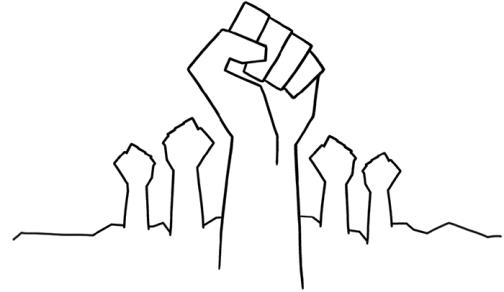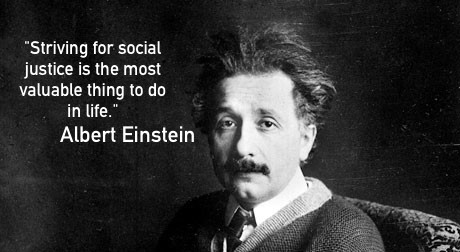
It’s the end of 2016 and it’s been a year of change in all sorts of ways (for hopefully good, but also almost certainly for the worse in many ways too, especially on the diversity/inclusion front as at least the US became demonstrably less friendly following our 2017 election).
In these first 2017 posts, Ian, Emily, and the good Doctor give our thoughts about this past year of DiversityJC and some ideas for the future. Ian’s post is here.
Remember you can subscribe to the DiversityJC Newsletter to keep up with all our discussions and posts.
I avoided writing my DiversityJC year-end review for weeks. Sure, I was busy with work, and then with family and friends and the holidays. But… I also didn’t really know what to write.
Revisiting anything in 2016 seems… completely overshadowed by the US election. The incoming president. His cabinet picks.
While I’ve been back to work (clearly), I’ve still been struggling to come back to social media. Aside from the easy, escapist space of Instagram, my online presence since November has comes in strange fits and starts. Engaging seemed at once inconsequential, given what has happened (and will happen), and all-encompassing – I have been absent for days to weeks from Twitter, but posted long-winded statements and questions on Facebook, laying aside research to obsessively follow and respond to the conversation that resulted.
I was desperate for some time, some space to regain my balance. To see clearly my way forward. More days were lost as I spun my wheels.
Dr. Ayana Elizabeth Johnson: “Re-framing Ocean Conservation in this Post-Election Era”
Dr. Eric Anthony Grollman: “Why I am Committed to Fighting Oppression in Academia”
But what I realized as I read over our recaps and intros that ruminated on why women leave STEM, whether we can overlook someone’s behavior in light of their achievement, on toxic masculinity and Nobel prizes and how bias and the imposter syndrome are connected – all of these things remain critical. Their importance as examples of why inclusion and diversity matter, how they translate into the science I love so much, the science that loves to believe it is objective and above such social ills – these matter not less but more in the coming months.
We also started out 2016 talking about what “diversity” means. That conversation had me reading some posts that were challenging and eye-opening (for me anyway), and thinking about why diversity matters beyond being the right thing to do. We also discussed what it means to be an ally, and why Orlando is poignant not just for us as people, as citizens, but also as scientists.
This is a crucial way forward in this new political climate. Conversations like those we have under #DiversityJC are more important than ever.
Discussions as part of the Diversity Journal Club hold a central place for me to forward my own education, as I push my career in new directions, and, I hope, the education of others. I hope more people share the research and topics we look to cover in the coming months, more join us. I hope to post more here, too – to put this space to good use.
Emily (@DrEmilySKlein)

[…] In this post, Ian, Emily, and the good Doctor give our thoughts about this past year of DiversityJC and some ideas for the future. Emily’s post is here. […]
LikeLike
[…] In these first 2017 posts, Ian, Emily, and the good Doctor give our thoughts about this past year of DiversityJC and some ideas for the future. Ian’s post is here, and Emily’s is here. […]
LikeLike